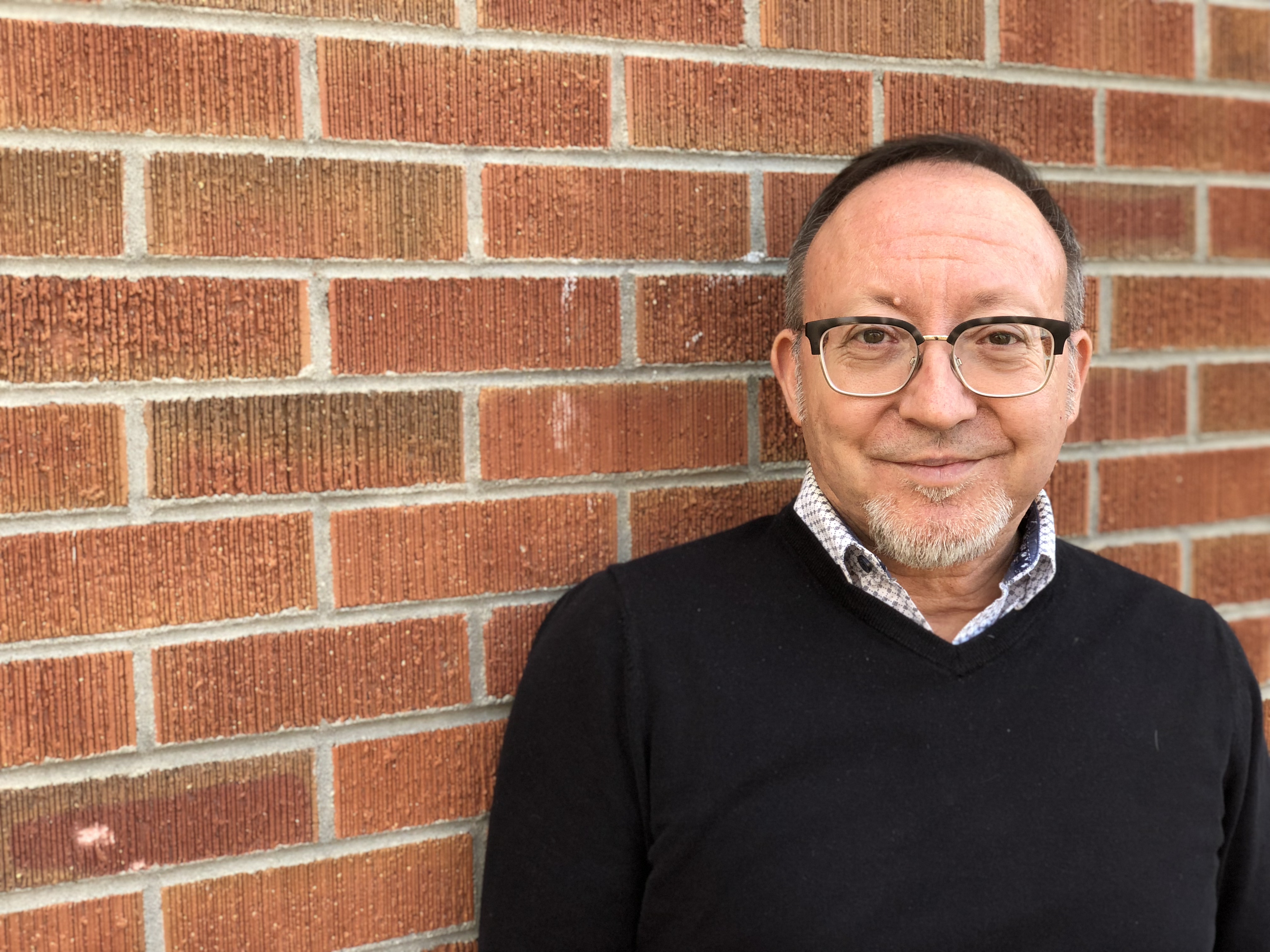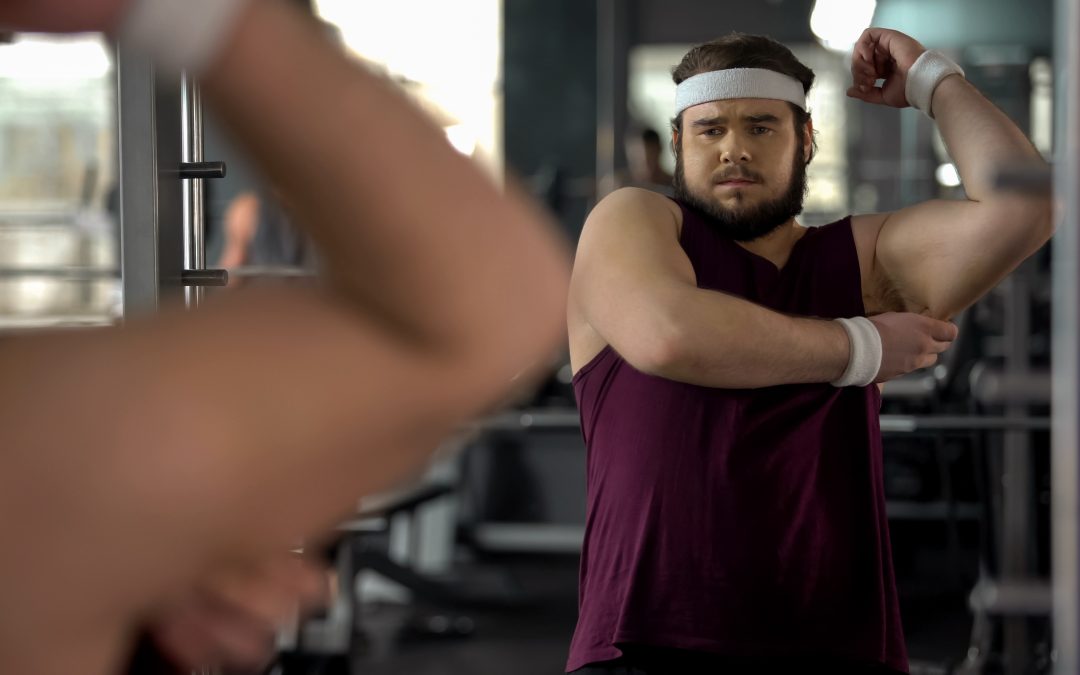Biology, body image, genetics—how do you feel about your own body? We dwell in some pretty dichotomous cultures when it comes to being an embodied soul and spirit. Secular culture wants us to focus completely on just our body. Take a look at the magazines at the checkout counter next time you’re grocery shopping. Youth, beauty, muscles and thinness are practically shoved in your face as the ideal path to happiness. Having the perfect body is connected to your value, self-worth and the only way you’ll ever find love.
On the other hand, our Christian culture seems to forget about our bodies. In a fit of revived Gnosticism, we are so “heavenly minded”, anything to do with the material world is suspect. We tend to live out of our heads, focusing on soul and spiritual things. We forget God said all His creation is “good”. Without our bodies, we wouldn’t be able to live into God’s purposes for us and the world around us. What a crazy-making tug of war it is to be living in the midst of these two extremes. (See Genesis 1:26-31, 1 Corinthians 6:19-20, Romans 12: 1-2)
The Battlefield—Body and Gender
Besides being embodied, we also are engendered beings. They affect one another and sometimes not in very helpful ways. Thinness is idealized as a valuable feminine characteristic, while muscularity is prized as masculine. Sadly, in the gay male community, both of these are prized characteristics, especially in attracting a partner. Is it any wonder that this play between gender and our bodies can cause a myriad of negative results? The National Association of Anorexia Nervosa and Associated Disorders states that “At least 30 million people of all ages and genders suffer from an eating disorder in the U.S.” Men will usually not seek treatment due to the stigma that it has historically been a “feminine” disease. A therapist friend of mine has often said that our body and gender are ways people can attack and exclude one another.
I know this to be true personally. Things about my body, things beyond my control have affected my sense of masculinity and fitting into the male world. Something as simple as being shorter with a slight build than most of the bigger, bulkier boys made me feel inadequate. I also struggled with severe acne as a teen and that disconnected me from activities, because I was just too embarrassed. Showers in gym were an absolute nightmare and being a “late bloomer” didn’t help either.
Even the temperament I was born with affected my sense of masculinity. While other boys were athletic, I was not “rough and tumble” but more artistic and emotional. I longed for that “perfect” male body type—tall with broad shoulders and a narrow tapering waist. I’d often joke with friends that I had more of “pear shaped” body type. My friend quipped back, “Oh Scott, you don’t have a pear shaped body…it’s shaped more like a light bulb.” Hmm, I laughed, “Isn’t that the same thing?” It’s not surprising that I’ve also had my struggles with food and constantly monitoring weight and self-worth.
Other Contributing Factors
I’ve shared some of my personal battles with body and gender—what might be other things about our bodies that affect how we feel as men and women?
- Body Type (slim, medium, husky, ample, curvy)
- Height/Weight
- Early/Late Bloomer (Physical Development)
- Facial Features (Face Shape, Eyes, Ears, Nose, Hair)
- Voice
- Athletic/Intellectual/Artistic (Temperament)
- Disease/Disability
- Skin Issues (Acne, Scarring, etc)
- Aging
It’s hard to reconcile these various facets of ourselves. Especially when culture has split us into parts and have made them feel mutually exclusive. We can obsess about our bodies, monitoring every calorie we intake. We have harsh criticism in the mirror when we look at ourselves or workout tirelessly. What does it mean to just simply live healthy without this toxic motivation? How do we integrate our relationship with God into this mix focusing on the deep core place that longs to connect with Him? How can we reclaim our bodies and sense of gender and find healing for the wounds we’ve experienced? We’ll continue to explore this in upcoming blogs.

Scott Kingry
Program Director
Make a Difference in Someone's Life
If you enjoy reading WGA’s blogs and would like to show your support, please consider making a donation. Where Grace Abounds is a 501(c)3 non-profit organization. The majority of services, including support groups and discipleship counseling, are provided free of charge. Your financial gifts help to cover the costs associated with offering a free program to those who seek WGA’s services.

